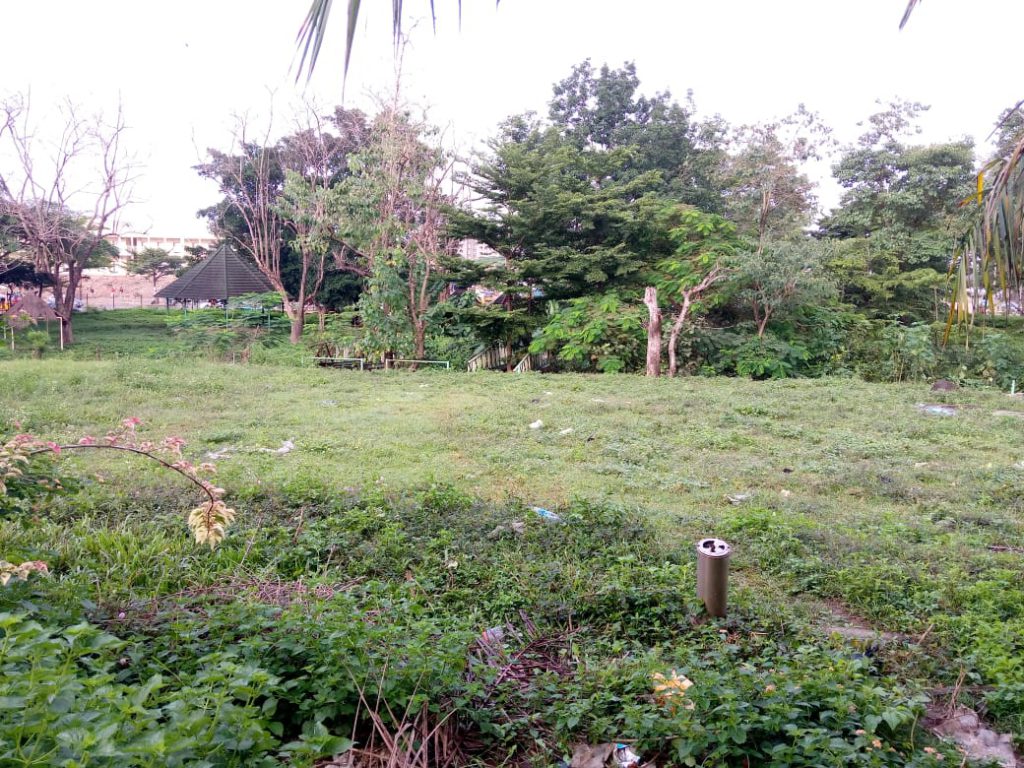Maize farmers in the Idu area of Abuja located at the Idu Industrial site, about five kilometres from Airport Junction Jabi, told MAWA Foundation that they need climate change education because they are the worst hit.
A demand they say will help them acquire the knowledge and skills for climate change adaptation and resilience.
Driving from Airport Junction in Jabi to the Pharmacists Council of Nigeria office located at Idu Industrial Layout, at your left-hand side about four kilometres away are maize plantations looking very unhealthy.
Mr. Isaac Ochigbo, a climate change expert, warned that if nothing serious is done to mitigate climate change, in the next 20 years, the impact will be huge on food security with farmers as the worst casualties. A situation he said will throw many small-scale farmers in the area into poverty.
Five out of six Maize farmers who spoke to MAWA Foundation during a focused group discussion targeted at gauging community understanding of climate change say they do not know about climate change and its impact on the environment and farming.
Mr. Ayuba Ibrahim a community farmer who led his colleagues in the focused group discussion said he found it shocking that many rural farmers are not aware of climate change and its impact on the environment and crop production.
According to Mr. Ayuba, farmers’ ignorance of climate change shows a huge investment must be made in awareness and education targeting the rural farmers if we hope to see improvement.
Mr. Johnson Izza, who believes that climate change education is a way to go in addressing its impact on society, having listened to conversation at the focused group discussion, pointed out that the Nigerian government must include climate change education in all the Agric extension programs and school curricula.
“We must take climate change education seriously, we appeal to the Nigerian government to include it in all Agric extension programs and school curriculum, that way both farmers and students will have a good understanding of what the issues are,” Izza said.
Mr. Israel Igu, one of the farmers who said having gotten preliminary information about climate change and its impact from the focus group discussion, pointed out that many farmers in rural communities are ignorant of climate change.
He, however, said climate must not be addressed on the pages of newspapers with quack leading the process, but ensuring the rural farmers are carefully integrated for better education and awareness of the issues.
“Farmers are at the risk of suffering climate change and environmental hazards the most, they deserve to be properly educated on the issues, and that will position them better for adaptation and resilience,” Igu said.
The Nigerian state has shown commitment to addressing Climate Change through the introduction of the Climate Change Act and the establishment of the National Council on Climate Change.
However, we hope that the Council is not likely to go in the direction of other agencies established by the state to address public interest issues that ended up being a conduit pipe to siphon public resources using them as compensation for the political boys.

